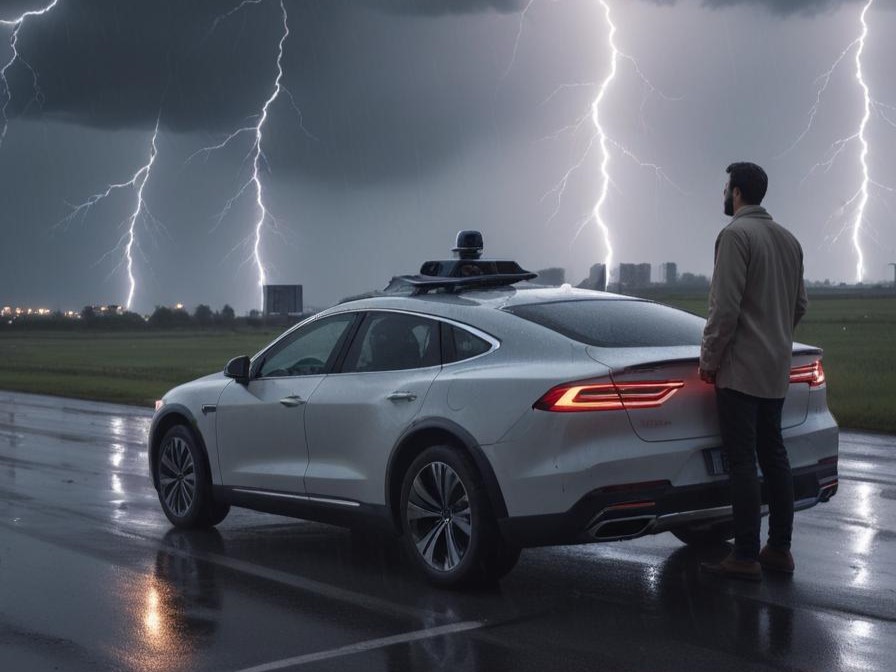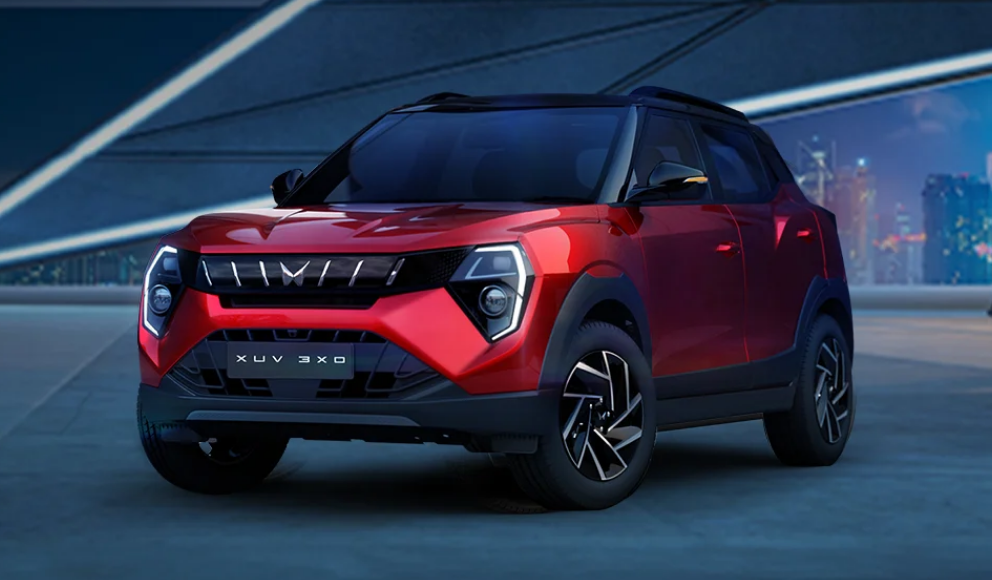In today’s fast-paced world, the car has become one of the most essential and widely used modes of transport. From the early days of motorized vehicles to the modern-day electric and autonomous cars, the evolution of cars has profoundly shaped the way we live, work, and travel. Whether you use a car for commuting, road trips, or as a status symbol, it remains an integral part of our daily lives. In this blog, we’ll explore the history, impact, and future of cars as a mode of transport.

The Birth of the Automobile: A Revolutionary Step
The concept of the automobile dates back to the late 19th century, but it was Karl Benz who is credited with inventing the first practical automobile. In 1885, Benz created the Benz Patent-Motorwagen, powered by an internal combustion engine. This was the first step toward what would later become a global industry, revolutionizing transportation and transforming economies around the world.
At the time, cars were expensive and available only to the wealthy, but as technology advanced and mass production techniques were developed, especially by Henry Ford in the early 20th century, cars became accessible to the middle class. The introduction of Ford’s Model T in 1908, which was affordable and durable, made cars a common sight on roads across America and soon after, the world.
Cars: Transforming Society and Shaping Modern Life
Cars have revolutionized society in countless ways. Their widespread adoption has reshaped our cities, influenced economic growth, and changed the way we interact with the world. Let’s explore a few of the significant impacts cars have had:
1. Mobility and Independence
Cars have provided people with the freedom to travel wherever they want, whenever they want. Before cars, people were dependent on horses, carriages, and trains for long-distance travel, which were often limited by weather, location, and schedules. Today, with a car, you can travel across town or even across countries with ease, making them an indispensable part of modern life.
2. Economic Growth and Job Creation
The automotive industry has become one of the largest global industries, providing millions of jobs worldwide. From car manufacturing to sales, maintenance, insurance, and technology development, the car industry drives significant portions of the economy. In addition, cars have created new sectors, such as tourism and logistics, which have become key drivers of economic activity.
3. Urban Development
The rise of cars has significantly influenced the design of cities and urban planning. Roads, highways, and car parks have become essential components of urban infrastructure. As cities grew, the demand for more roads and better transport systems led to the development of sprawling suburbs and the decline of public transport in certain areas. Cars have helped expand urban areas, enabling people to live farther from their workplaces while still commuting daily.
4. Cultural Influence
Cars have also had a cultural impact. Iconic cars, such as the Chevrolet Corvette, Ford Mustang, and Porsche 911, have become symbols of style, luxury, and status. For many people, owning a car is more than just a means of transportation—it is an extension of their identity and a reflection of their values and personality.
The Challenges of Car Ownership
While cars have brought tremendous benefits, they also come with their own set of challenges, many of which have become more evident in recent decades:
1. Environmental Impact
Cars are a major contributor to pollution, particularly through emissions of carbon dioxide (CO2), nitrogen oxides (NOx), and particulate matter. The increasing number of vehicles on the road has led to concerns about air quality and climate change. As the world confronts the environmental impact of fossil fuels, there has been a shift towards electric vehicles (EVs) and hybrid cars, which are far cleaner alternatives.
2. Traffic Congestion
As cities grow and populations increase, traffic congestion has become a major issue in urban centers worldwide. The more cars on the road, the slower the movement, leading to frustration and lost productivity. In many cities, traffic jams are a daily occurrence, creating challenges for commuters and adding to the overall stress of driving.
3. Cost of Ownership
Owning and maintaining a car is an expensive undertaking. From the initial cost of purchase to ongoing expenses like insurance, fuel, repairs, and maintenance, cars can be a financial burden for many families. Additionally, the rapid pace of technological advancements means that cars are now equipped with high-tech systems that can be costly to repair or replace.
4. Road Safety
Accidents and fatalities caused by car crashes remain a significant concern globally. Despite advancements in car safety features, such as airbags, automatic braking systems, and lane departure warnings, road accidents continue to cause loss of life and injury. Distracted driving, speeding, and driving under the influence of alcohol or drugs contribute to the high incidence of car-related accidents.
The Future of Cars: What’s Next?
The future of cars looks promising, with new technologies and innovations shaping the way we will use and interact with vehicles in the coming years. Here are some key trends to watch:
1. Electric Vehicles (EVs)
The shift towards electric vehicles is already underway, with many governments around the world setting ambitious goals to reduce carbon emissions and promote clean energy. EVs are rapidly gaining popularity due to their environmental benefits, lower operating costs, and increasing availability of charging infrastructure. Major automakers are investing heavily in electric models, and some have even announced plans to phase out gas-powered cars in the coming decades.
2. Autonomous Cars
Self-driving cars are no longer a science fiction concept. Advances in artificial intelligence (AI), machine learning, and sensor technologies have brought us closer to fully autonomous vehicles. Companies like Tesla, Waymo, and Uber are working on creating self-driving cars that could revolutionize the way we commute, reducing accidents and potentially eliminating the need for individual car ownership.
3. Car-Sharing and Ride-Hailing
The rise of car-sharing services, such as Zipcar, and ride-hailing services like Uber and Lyft, has changed the way people view car ownership. Instead of owning a car, many individuals are opting for shared or on-demand services, which can be more economical and environmentally friendly. This shift in mindset could lead to fewer cars on the road, reducing traffic congestion and pollution.
4. Smart Cars and Connectivity
The integration of Internet of Things (IoT) technology into cars has led to the rise of smart cars. These vehicles are equipped with advanced infotainment systems, connectivity features, and AI-powered assistants. Cars are becoming more intuitive, offering real-time traffic updates, navigation, and even personalized driving experiences. In the near future, we can expect cars to become even more connected to our digital lives, offering seamless integration with other devices and services.
Conclusion: A Mode of Transport That Keeps Evolving
The car has come a long way since its invention, and it continues to evolve with each passing year. Whether it’s providing unparalleled freedom, driving economic growth, or shaping the design of our cities, the car has undeniably impacted our world in profound ways. While challenges such as environmental concerns, traffic congestion, and safety remain, the future of cars looks bright, with electric vehicles, autonomous technology, and connected cars leading the way.
As technology advances and new solutions are developed, the car will likely remain an indispensable part of our daily lives. The future of transportation is exciting, and the role of the car in that future will undoubtedly be more connected, efficient, and sustainable.

